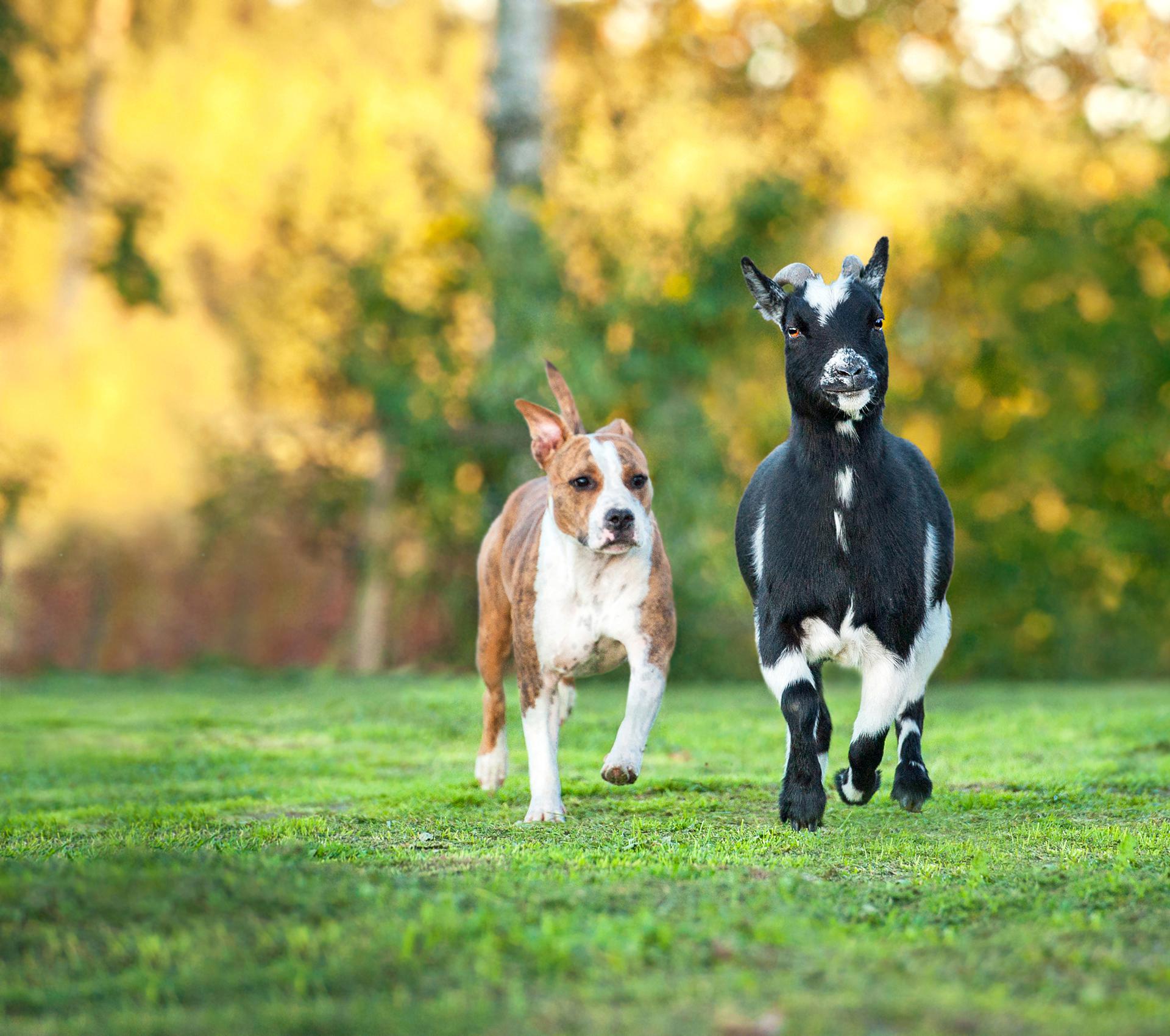FAQs
What does VinE seek to achieve?
Our aim is to provide children with the knowledge to ensure they are fully informed on animal and inter-related health, social justice and environmental issues. This will enable them to develop their own moral values and become empathetic and ethically responsible citizens.
We also believe veganism should be taught in schools to ensure the beliefs of vegan children, parents and teachers are understood, respected and accommodated. This will create a more vegan-inclusive community within the school and wider society.
How can veganism in education be accommodated in an already demanding curriculum?
We fully appreciate the time constraints and pressures teachers already face in delivering a curriculum that provides for children’s personal development and academic attainment.
We seek to provide learning resources which align with school’s existing goals and which can be easily incorporated into established subject areas, enhancing the content already provided.
Can a child be healthy on a vegan/plant-based diet?
The British Dietetic Association confirms well-planned vegan diets can support healthy living in people of all ages. Here are some useful resources on the benefits of plant-based diets for children and adults:
Pediatric Plantrician Guide.pdf (plantbasedhealthprofessionals.com)
The Key Benefits of Plant Based Nutrition.pdf (plantbasedhealthprofessionals.com)
Will children be subjected to graphic imagery of violence inflicted on animals?
Our educational approach seeks to engage children’s empathy and compassion by focusing on the rich and complex lives of animals and their interrelationships with other sentient beings.
When we use images of animals, we want to enhance children’s perceptions of animals as individuals with personality and foster in young minds the idea of the kinship that binds all living beings. We do not want to traumatize young children with imagery that depicts the extent of animal suffering perpetrated by humans.
However, the availability of graphic images of animal suffering are freely available in the media and children are increasingly aware of the injustices facing animals, humans and the planet. Schools can offer a secure and empowering environment to explore these animal and interrelated issues.
We will ensure all of our photographs, learning materials and moving images in our learning materials are age-appropriate.
Will teaching about the destructive impact of animal agriculture on the planet make children feel hopeless and depressed?
We fully understand why some parents and teachers are concerned that teaching about issues such as factory farming and climate change could be upsetting for children. The concept of ‘eco-anxiety’ has increasingly drawn attention in the media and academia. Children suffering anxiety predicated on the ‘climate emergency’ are rationally reacting to the events and stories broadcast from around the world.
Research provides growing evidence our climate is changing with devastating consequences such as rising sea levels, extreme weather, poverty, food scarcity and loss of biodiversity. The key question is whether children should be protected from such harsh realities or supported to deal with what is acknowledged as a ‘climate emergency’?
In reality, it is impossible to shield children from the facts about climate change given its global prominence. Schools are ideally placed to provide a safe and empowering space for children to explore the realities of climate change and its links with dominant cultural practices such as animal consumption.
We believe an educationally responsible approach to the subject will empower children to be part of the solution and help mitigate the pessimism that could develop over the climate crisis. Rather than increasing eco-anxiety, the support provided by schools can help children build up their emotional intelligence and resilience, helping prepare them for the world they will inherit.
If a young person is looking for ways to manage difficult climate feelings, or a parent or teacher seeks advice on helping children and young people with these feelings, the Climate Psychology Alliance have brought together a wealth of resources that may be helpful:
Resources for Young People, Parents, Teachers & Carers (climatepsychologyalliance.org)
Should parents be consulted or involved in discussions on veganism in education?
Whenever and wherever possible we encourage and welcome parent involvement in discussing through any ideas or concerns they have about this initiative. Parental input will be valued and respected.
Why educate children about animals and their interests, shouldn't we just be concentrating on what helps humans the most?
Some people worry about what would happen to humans if we take the lives of animals more seriously, believing all sources of human suffering should be resolved before addressing the injustices caused to animals.
Fortunately, we do not need to make a choice between the two. Recognising the needs of animals does not minimize who we are as people. On the contrary, advancing the cause for animals can only help benefit us. There is common ground between those working for the rights of people and animals. Both share the same potential for suffering, injustice, violence and abuse. The solutions to combat this are universal.
It is therefore important to infuse children’s education with empathy and compassion for people, animals and the environment. As future citizens we want them to be able to make decisions founded on a deeply rooted caring ethic with the necessary skills and knowledge to be responsible problem solvers.

Martin Luther King Jr
“Never be afraid to do what’s right, especially if the well-being of an animal or person is at stake”
Bishop Desmond Tutu
“Even when faced with urgent human problems, we should not overlook the issue of justice to animals.”

